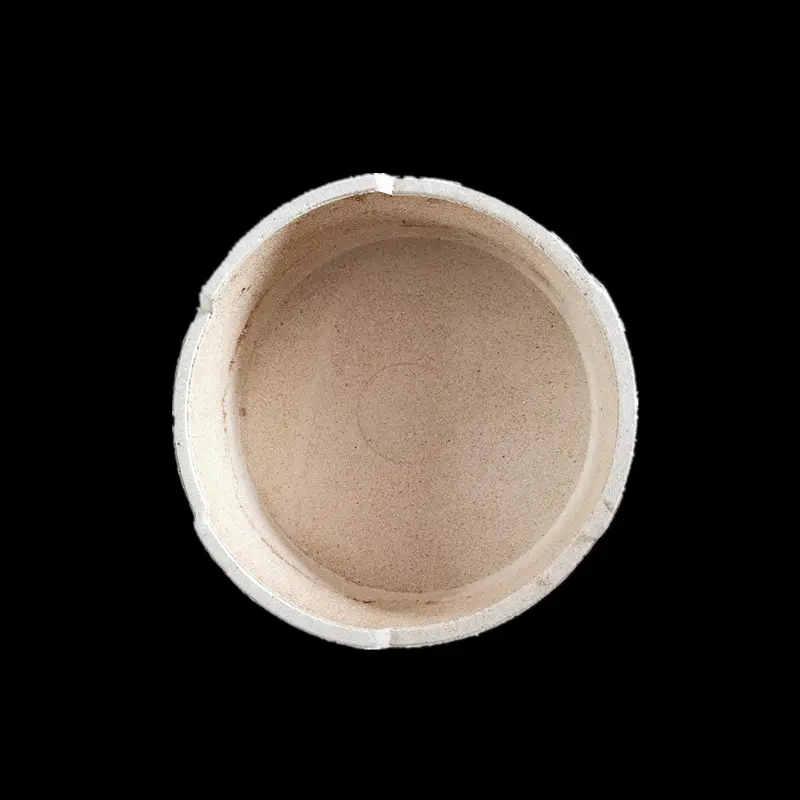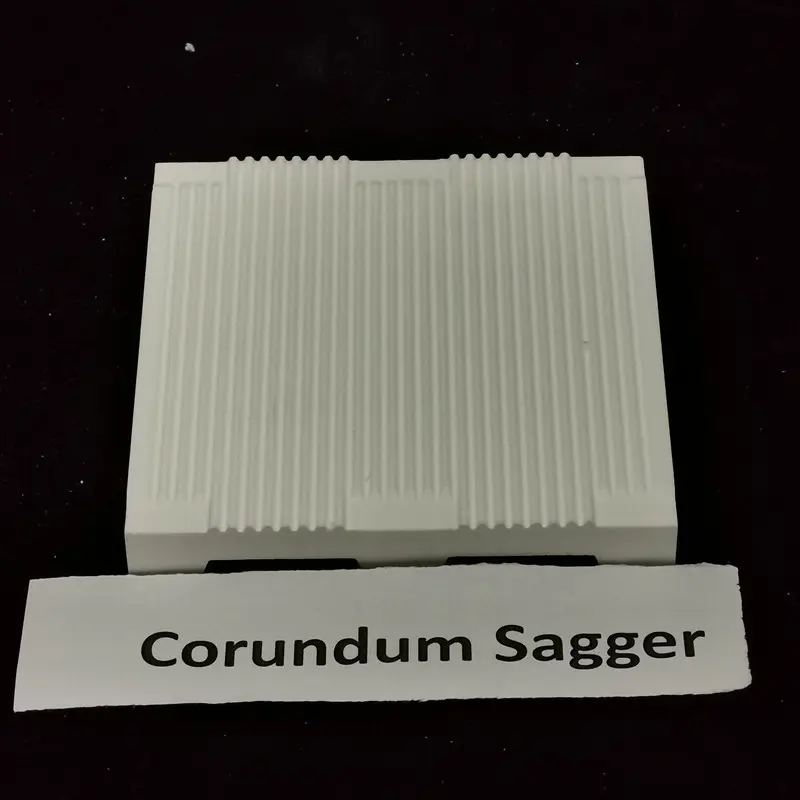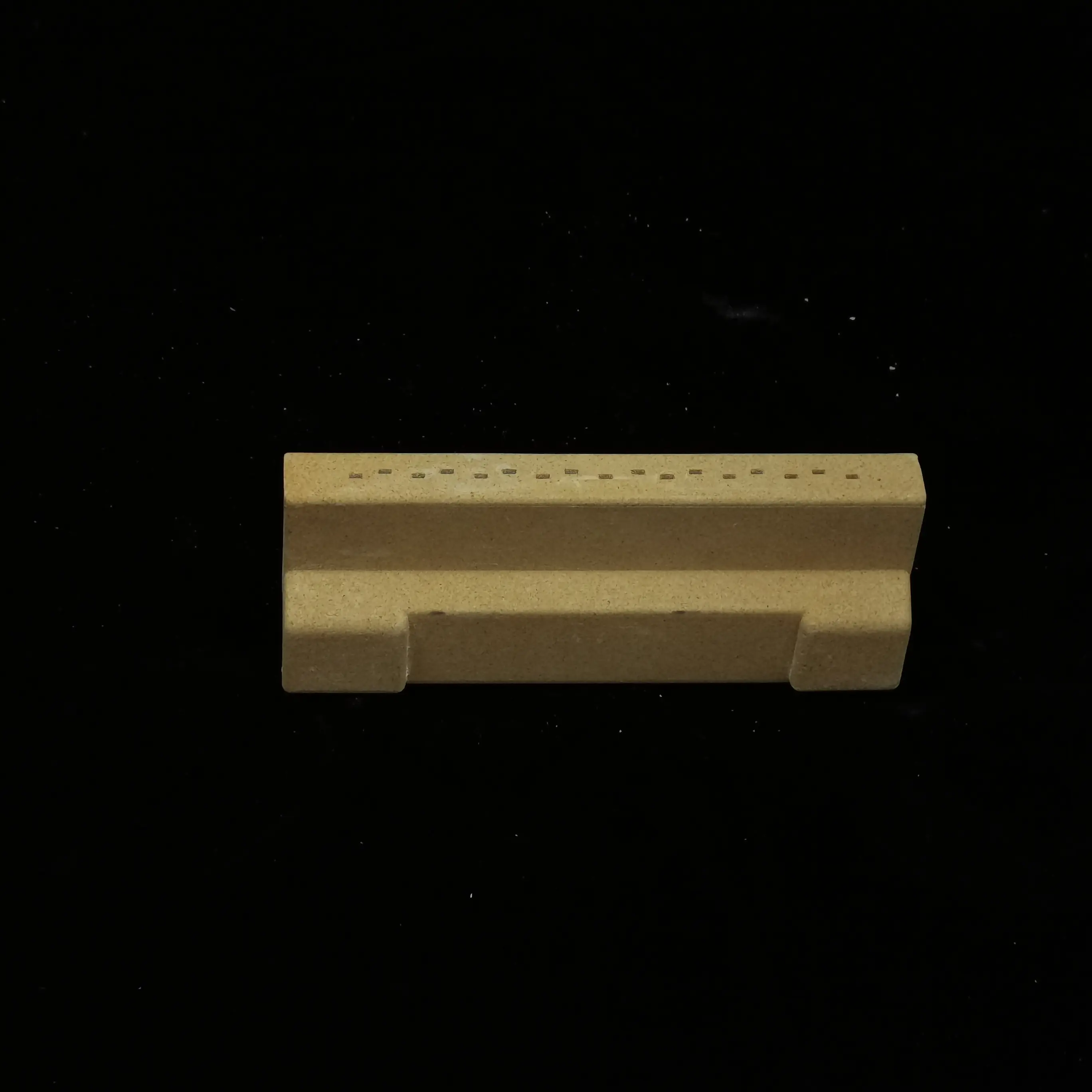Custom 95% 99% Al2O3 Industrial High Temperature Insulation Wear Resistant Alumina Ceramic Components
Understanding Alumina Ceramic
Alumina, or aluminum oxide (Al2O3), is a widely used ceramic material known for its exceptional hardness and thermal stability. It is produced through the sintering of aluminum oxide powder, resulting in a dense and durable material. The high purity of alumina ceramics contributes to their excellent mechanical properties, making them suitable for high-stress environments.
High Temperature Resistance
One of the standout features of industrial high temperature insulation wear resistant alumina ceramic is its ability to withstand extreme temperatures. This material can endure temperatures exceeding 1600°C (2912°F) without losing its structural integrity. This characteristic is particularly beneficial in industries such as aerospace, metallurgy, and ceramics, where components are often exposed to high thermal loads. The ability to maintain performance under such conditions ensures the longevity and reliability of equipment and machinery.
Wear Resistance
In addition to its thermal properties, alumina ceramic is renowned for its wear resistance. The hardness of alumina makes it highly resistant to abrasion, which is crucial in applications where materials are subjected to friction and wear. Industries such as mining, manufacturing, and material handling benefit from the use of wear-resistant alumina ceramic components, as they can significantly reduce maintenance costs and downtime associated with equipment failure.
Insulation Properties
Another critical aspect of industrial high temperature insulation wear resistant alumina ceramic is its excellent insulation properties. The material acts as an effective thermal barrier, preventing heat transfer and protecting sensitive components from thermal damage. This insulation capability is vital in applications such as furnace linings, kilns, and heat exchangers, where maintaining temperature control is essential for operational efficiency.
Applications in Industry
The versatility of industrial high temperature insulation wear resistant alumina ceramic allows it to be utilized in a wide range of applications. In the aerospace sector, it is used in thermal protection systems for spacecraft and high-performance engines. In the metallurgy industry, alumina ceramic components are employed in furnaces and kilns to enhance energy efficiency and reduce heat loss. Additionally, in the manufacturing sector, wear-resistant alumina ceramic is used in tooling and machinery to improve durability and performance.
Conclusion
In conclusion, industrial high temperature insulation wear resistant alumina ceramic is a remarkable material that meets the demanding requirements of various industrial applications. Its unique combination of high-temperature resistance, wear resistance, and insulation properties makes it an invaluable asset in industries that require reliable and durable materials. As technology continues to advance, the use of alumina ceramics is expected to expand, paving the way for innovative solutions in high-performance environments. Whether in aerospace, metallurgy, or manufacturing, the role of industrial high temperature insulation wear resistant alumina ceramic is set to become increasingly significant in the quest for efficiency and reliability in industrial processes.





